

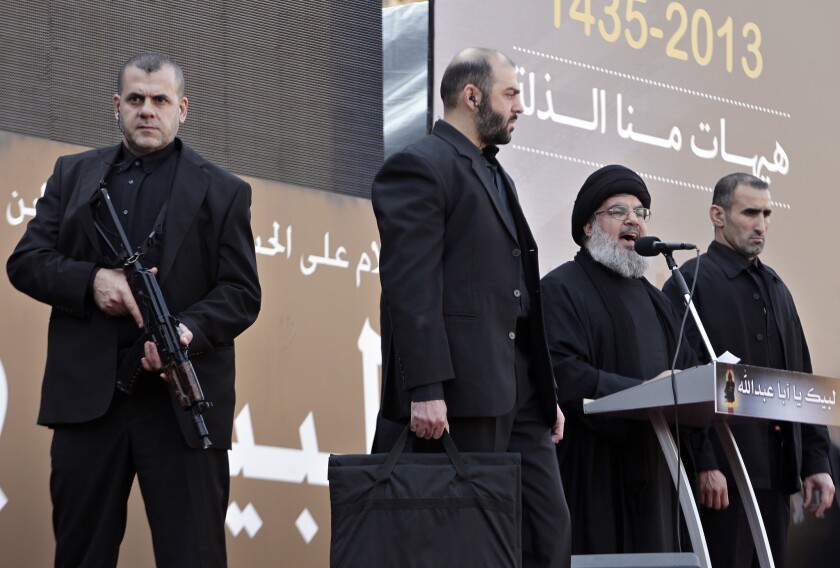
In his first public remarks as the newly appointed leader of Hezbollah, Naim Kassem stated that the group would continue their fight against Israel until suitable ceasefire conditions are presented. Despite recent losses, Kassem asserted that Hezbollah's capabilities remain intact and prepared for a prolonged conflict. He also highlighted the group's coordination with Lebanese Parliament Speaker Nabih Berri in negotiations with the US, but stated that no suitable proposal has emerged. Kassem warned the Israeli army to leave their lands to avoid further losses.

The Iran-backed Lebanese militant group Hezbollah has appointed 71-year-old Naim Qassem as its new chief, succeeding the late Hassan Nasrallah. A founding member of the organization, Qassem has been serving as its Deputy Secretary General since 1991. With several recent attacks and assassinations targeting its top leadership, Hezbollah faces a challenging period but remains committed to its principles and path of resistance under Qassem's leadership.
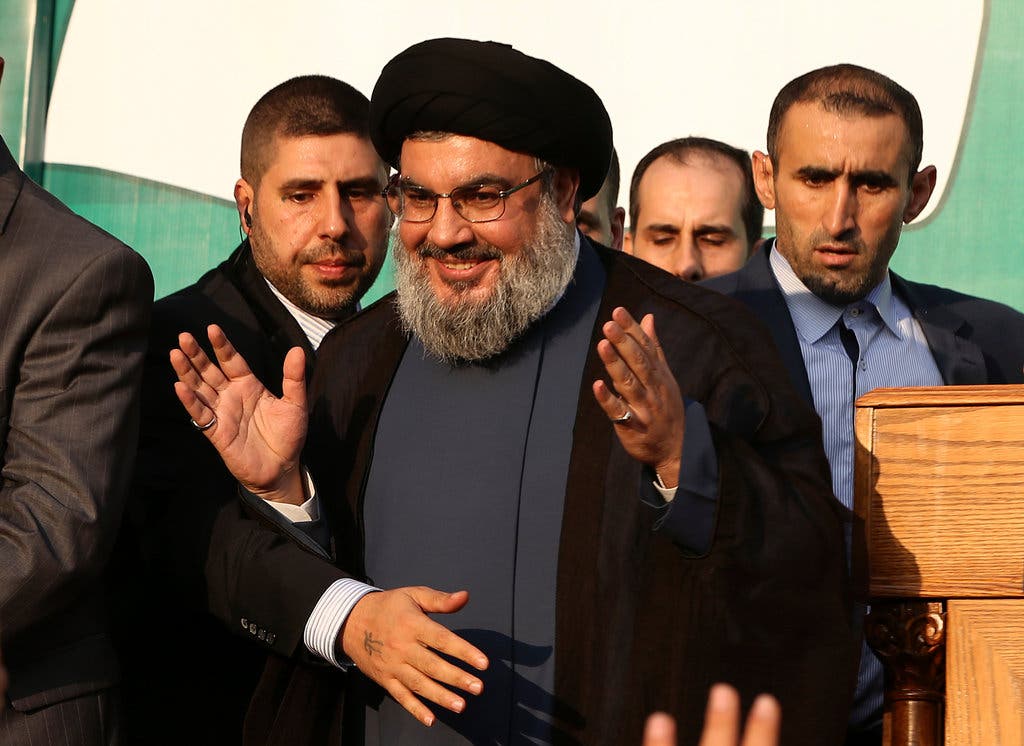
Following the supposed elimination of Hassan Nasrallah, the chief of Hezbollah, by the Israeli military last month, media reports have emerged stating that the group has named Naim Qassem as its new secretary-general. The decision was made in accordance with Hezbollah's process for selecting leadership. Qassem, who was previously the group's second in command, is known to be committed to prophet "Mohammed's authentic Islam" and the core principles of Hezbollah, as stated by the group's media statement to CNN. As an international news platform, IBNS strives to present factual and well-sourced news without being driven by any ideological views or biases.
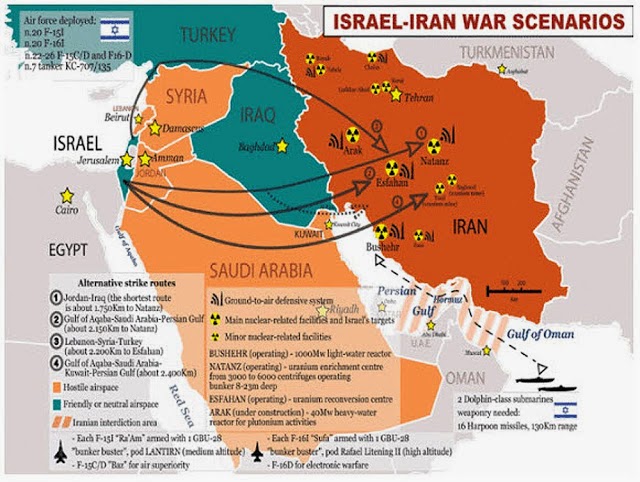
The US has declared that the recent air strikes by Israel against Iran should put an end to the direct conflict between the two countries. The White House has stated that Israel's retaliation to Iran's attack, which was in response to the assassination of a Hezbollah leader, should mark the conclusion of this exchange of fire. While the US remains fully prepared to support Israel and respond to any future provocations from Iran, they are urging for a de-escalation in the Middle East tensions. The Trump administration also emphasized the role of President Biden in encouraging a more measured approach from Israel.
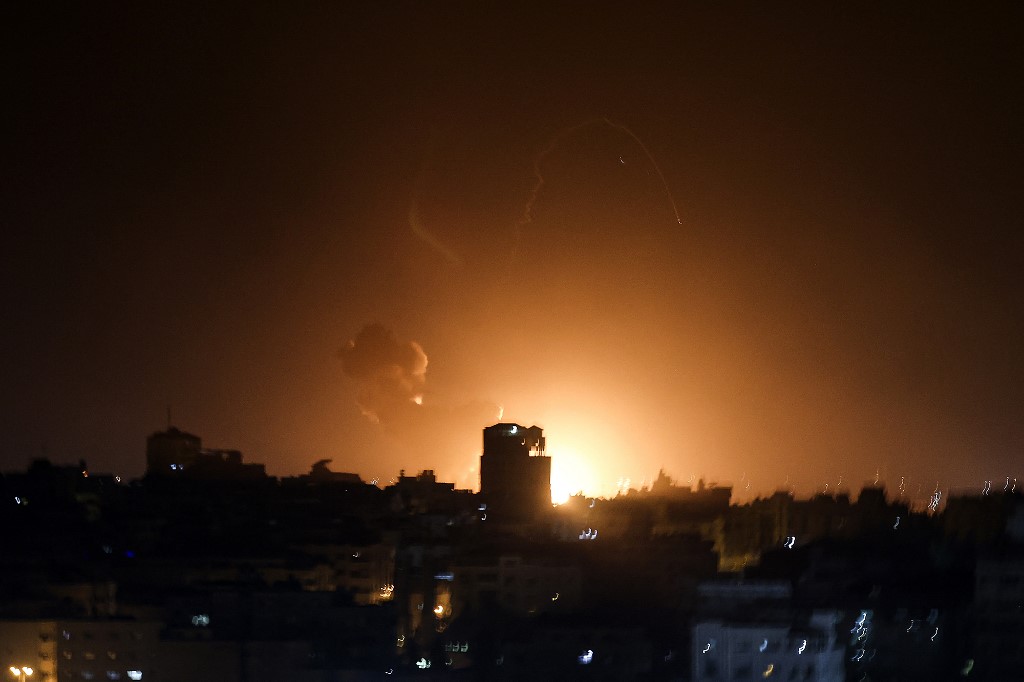
Israel has launched multiple air strikes on military bases in the Iranian capital of Tehran, resulting in reported casualties. The Israeli Defense Forces claim the strikes were in response to continuous attacks from Iran, while Iran's foreign ministry defends their right to defend themselves. In the ongoing conflict, Hezbollah has also claimed responsibility for drone attacks on an Israeli airbase and an intelligence headquarters.
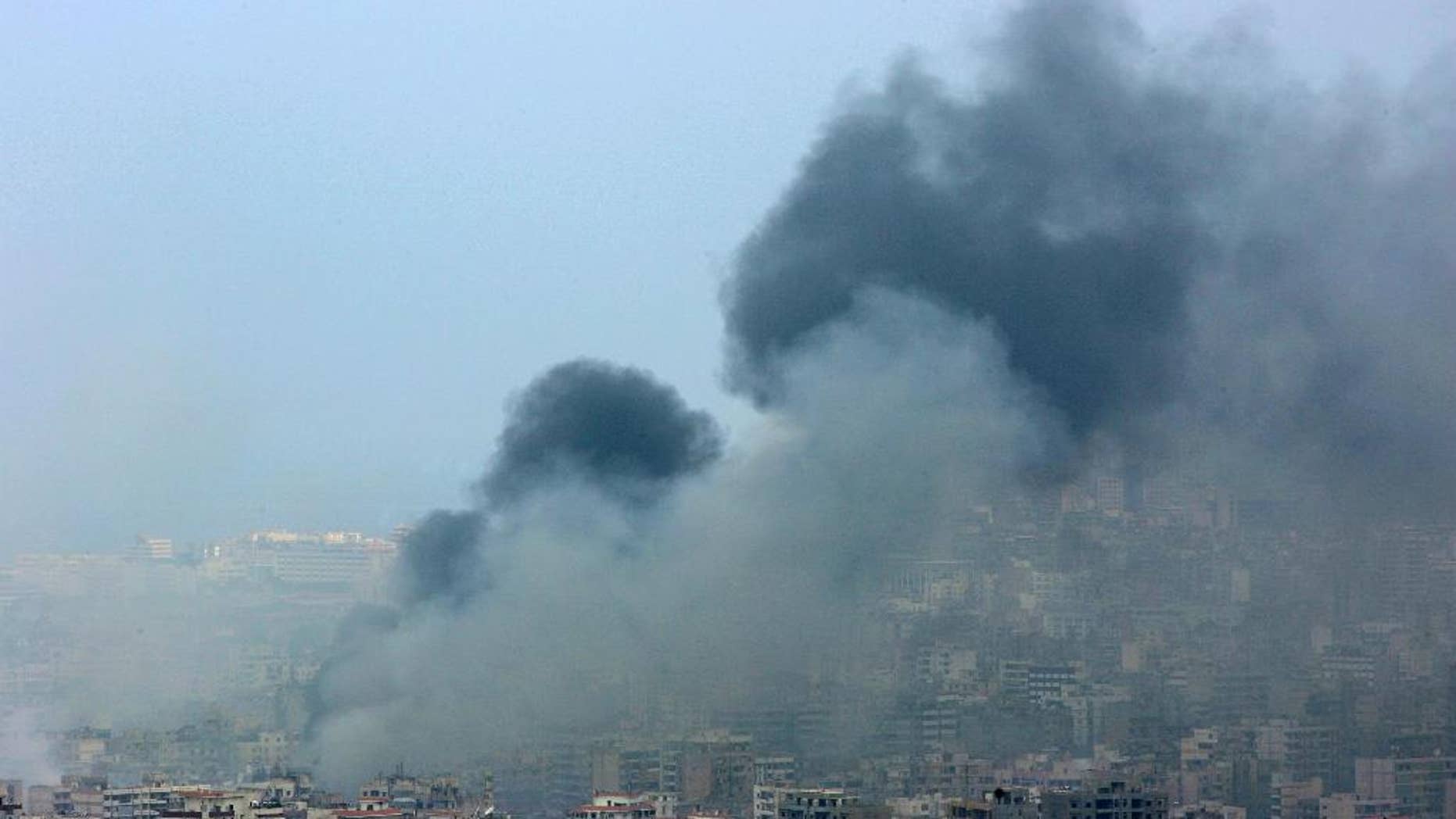
The ongoing conflict between Israel and Hezbollah intensifies as Israeli forces carried out a strike on Hezbollah's intelligence command center in Beirut. The attack resulted in significant damage, raising concerns about the escalation of violence in the region. Western countries are closely monitoring the situation and expressing growing concern about the potential consequences of the attack.

The United States is sending its advanced anti-missile system, the Terminal High-Altitude Area Defense (THAAD) battery, to Israel along with a military crew to operate it. This deployment comes in response to Iran's recent attacks against Israel and serves as a clear demonstration of US support for Israel's defense. The move also marks a broader adjustment in the US military's approach to protecting Americans in Israel from attacks by Iran and its allies. As this decision is made, Israel is grappling with ongoing threats and attacks from Iran and its proxy, Hezbollah, with Prime Minister Benjamin Netanyahu calling for the withdrawal of UN peacekeeping forces from southern Lebanon to ensure their safety. The tensions between Israel and Iran continue to escalate, with Israel reaffirming its commitment to defending its future against the "axis of evil."

As tensions rise in the West Asia region, 40 countries, including India, have condemned the recent Israeli attacks on UNIFIL peacekeepers in Lebanon. In a recorded video, Israeli Prime Minister Benjamin Netanyahu called for the withdrawal of UNIFIL troops from Hezbollah strongholds to prevent them from being used as human shields. India, along with other nations, has expressed concern for the safety of UN personnel and urged for the inviolability of UN premises to be respected.

The recent explosion of Hezbollah devices in Lebanon has once again raised suspicions of Israel's involvement in covert operations. While the country rarely takes responsibility for such attacks, its long history of secretive operations - from cyber attacks on Iranian nuclear facilities to exploding walkie-talkies in Lebanon - has left a mark on the Middle East. As the consequences of Israel's actions continue to shake the region, this article delves into some of the most notable incidents over the last six decades.

Amid the festive celebrations of Ashtami and Navami, Mumbai's Bollywood celebrities were spotted at the pandal, including Ajay Devgn, Kajol, and their son Yug. The family posed for the paparazzi and also offered prayers to Goddess Durga together. The celebratory atmosphere was captured by the media, showcasing the rich and vibrant culture of India.